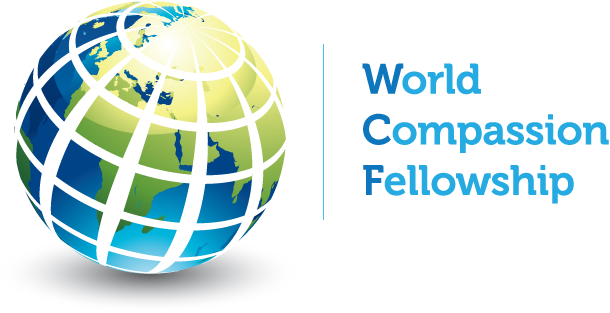Sponsor Volunteer Costs
What We Provide:
World Compassion Fellowship (WCF) sponsors the travel expenses for our medical and dental volunteers. WCF mobilizes Medical Teams to conduct needed primary medical care and dental clinic trips to the Refugee, Internally Displaced Persons (IDP) and the impoverished and underserved all throughout the world.
- Travel expenses for our medical and dental volunteers
How We Help
World Compassion Fellowship has organized and sent dozens of mobile Medical and Vocational Teams to major regions around the world such as the Middle East, Africa, Asia, Latin America and the Caribbean.
WCF medical teams have treated more than 32,000 patients from inception to the end of 2024. WCF medical teams minister in war zones, refugee camps and natural disaster areas around the world. Our teams ministered in areas as diverse as Sudan during the Darfur crisis, Haiti before and after its devastating earthquake and Lebanon during its Syrian refugee crisis.
Background
More than half the world’s population, about 4.5 billion people, were not fully covered by essential health services.
About 2 billion people face financial hardship due to health costs, including 1 billion who experience catastrophic out-of-pocket health spending.
In 2022, 4.9 million children died before their fifth birthday. While the maternal mortality rate dropped by 34% between 2000 and 2020, progress has stagnated since then.
Global healthcare needs for refugees are shaped by a combination of forced displacement, limited access to healthcare systems, and the conditions they encounter both during their journey and in host countries.
Refugees often live in crowded conditions with limited sanitation, increasing the risk of diseases like cholera, tuberculosis, malaria, and respiratory infections. They frequently have interrupted access to treatment for chronic conditions such as diabetes, hypertension, and cardiovascular diseases, exacerbating these illnesses.
Many refugees have experienced conflict, violence, or persecution, leading to high rates of post-traumatic stress disorder, depression, and anxiety.

